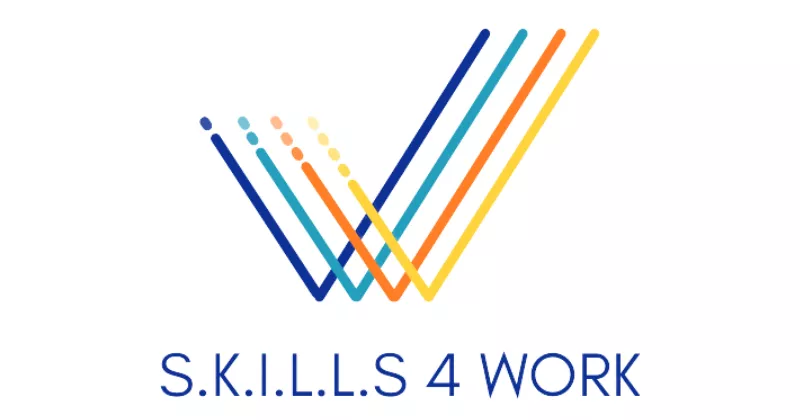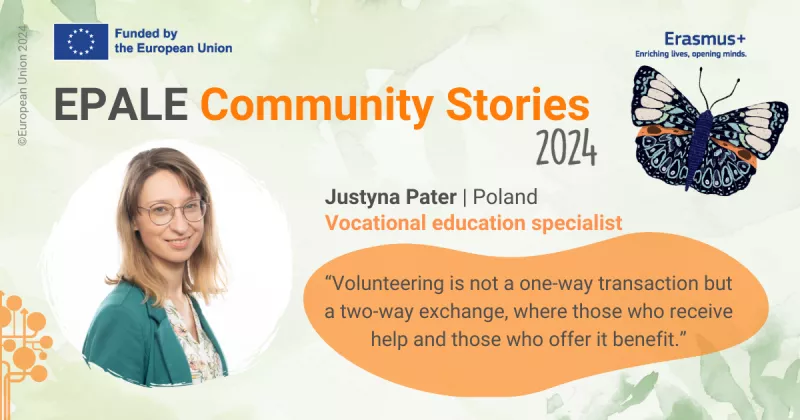Trainer's Curriculum: Learning to Learn Skills - S.K.I.L.L.S 4 Work


The Erasmus+ project S.K.I.L.L.S 4 Work seeks to establish quality standards for adult education for learners with a migration or refugee background to enhance their chances for employment, integration, self-efficacy and management of their daily lives. Lifelong learning is inevitably essential for the professionalisation and upskilling of adult learners.
This article explains in detail the specific target group of learners with a migration or refugee background, the need for autonomous learning as a competence as well as a coping strategy and explicates the framework for teaching and training with this target group for adult educators. The challenges to learning posed by educational inequality, the impact of trauma on the learning process and an intersectional perspective on the target group's experience of multiple disadvantages that may hinder their learning process are considered.
The assessment of the current landscape of adult education in the partner countries Austria, Finland, France, and Norway, and the respective partner institutions was relevant for the further development of the project’s training materials. The discovery of similarities and differences results in the recognition that (1) autonomous learning is underrepresented in national curricula, (2) little research has been conducted on strengthening autonomous learning for the andragogical context; related learning materials and settings should practice a more learner-centred approach, (3) more internal group differentiation is necessary, (4) autonomy does not mean learning by oneself – positive/constructive group dynamics are essential for the learning process, and (5) autonomous learning is important for the acquisition of digital skills, especially in the context of COVID-19 and beyond.
Bundling this supportive background information, the project consortium has contributed their knowledge and experience from daily teaching practice, scientific and technological know-how and combined their efforts to create four corresponding curricula to help and advise trainers on how to support their learners to improve their employability, strengthen their learning skills, increase their self-efficacy and foster their resilience in everyday life in their specific individual situations.
The identified four core competences are Oral and Intercultural Communication Skills, Relationship with Others in a Learning Context Skills, Basic Digital Skills and Autonomy on the Learning Process Skills. The set of competences proposed by the project partnership not only strengthens individual learning goals, styles and techniques, but also aims to support learners' resilience and autonomy, self-efficacy in knowing what they want and what they need in terms of learning for their daily lives. The four curricula are followed by 24 best practice activities in these categories. They have been developed and tested by the participating education providers in their adult education courses.




